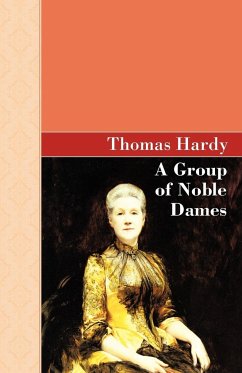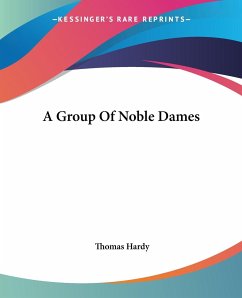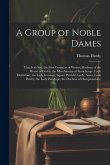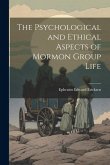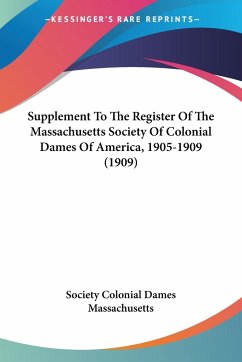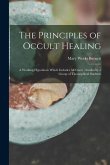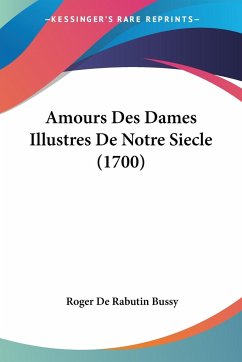Thomas Hardy pays tribute to the triumphs and tribulations of patrician Englishwomen in his collection of short stories, A Group of Noble Dames. Around the fire at an inn, sheltering from a storm, the members of the Wessex Field and Antiquarian Club are each entreated to tell a story. The men all tell tales of women, the 'Noble Dames' of the title, from the Countess of Wessex to the Duchess of Hamptonshire. The lives of these fictional dames are imagined by Hardy based on clues from real-life genealogies and archival family records. Inventive and detailed, these stories confirm why Hardy is one of the most enduring and best-loved writers of the 19th Century.
Hinweis: Dieser Artikel kann nur an eine deutsche Lieferadresse ausgeliefert werden.
Hinweis: Dieser Artikel kann nur an eine deutsche Lieferadresse ausgeliefert werden.

